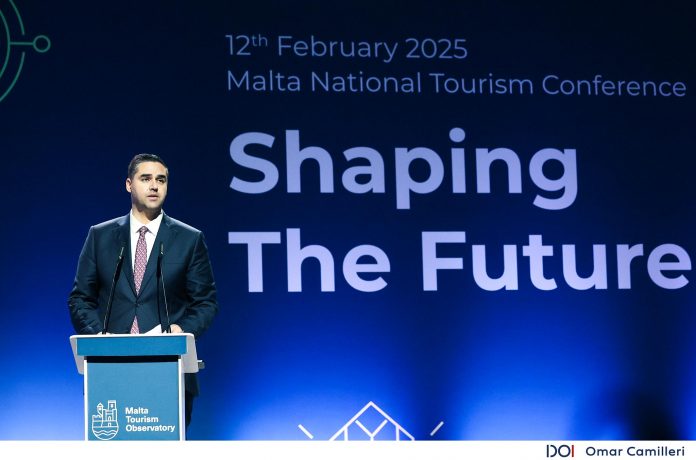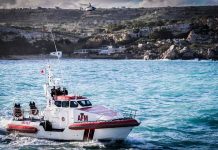“The next step in Malta’s air connectivity chain lies with the attraction of long-haul services to allow us to tap more effectively in the lucrative Transatlantic and Asian markets, which seek quality experiences that Malta can so easily offer.”
Deputy Prime Minister and Minister for Foreign Affairs and Tourism Ian Borg highlighted the importance of a strong aviation network for Malta’s tourism industry when he was addressing the SITA Customer Success Kick-Off, the principal annual meeting of this long-established international travel technology provider, which was held in Malta on Tuesday and Wednesday. The meeting brought together more than 400 top executives and senior managers of this Company from all over the world.
The deputy prime minister explained that aviation continues to take a more central role in Malta’s tourism industry. “A strong aviation network means year-round connectivity and strong tourism inflows during all twelve months of the year, which sustain the industry’s operability and support the attraction of different tourism interests from different markets,” he said, as he underscored Malta’s ongoing efforts to continue developing new aviation links, including the attraction of airlines to carry passengers and cargo, aircraft registration, the granting of AOCs and aircraft servicing and maintenance.
“From a holistic governmental perspective, clustering the different aviation areas together brings additional benefits, creating hubs which make the relationship between the aviation sector and the country stronger and more solid,” stated the deputy prime minister.
“As tourism continues to become more experiential in nature, with tourists seeking more and more hands-on experiences, technology takes an increasingly front seat role in the tourism value chain,” he continued. He also welcomed SITA’s drive towards the digital transition of the tourism industry, globally and in Malta, by integrating digital identity solutions, real-time journey updates, off-airport baggage handling and other systems to enhance efficiency in travel.
“The Maltese Government is playing a pivotal role in driving digital transformation in tourism, providing financial incentives such as tax credits, soft loans, and grants, while leveraging EU funding to support the adoption of digital technologies. We are also conducting a sectoral audit to assess digital readiness and promote the integration of advanced technologies such as AI, IoT, AR, and VR,” the deputy prime minister stated.
Furthermore, the government facilitates innovation by uniting stakeholders through structured frameworks, promoting cross-sector collaboration, and ensuring shared responsibility. Tourist experience mapping is also being undertaken to facilitate seamless engagement with Malta-branded platforms. Malta is positioning itself as a testbed for Travel Tech innovations, attracting global companies and startups.
“We encourage a deeper focus on AI-driven personalisation, sustainable infrastructure, and cybersecurity in travel, ensuring that this island remains at the forefront of smart, responsible, and future-ready tourism,” concluded Deputy Prime Minister Ian Borg.
Photo: MFT-DOI
![]()








